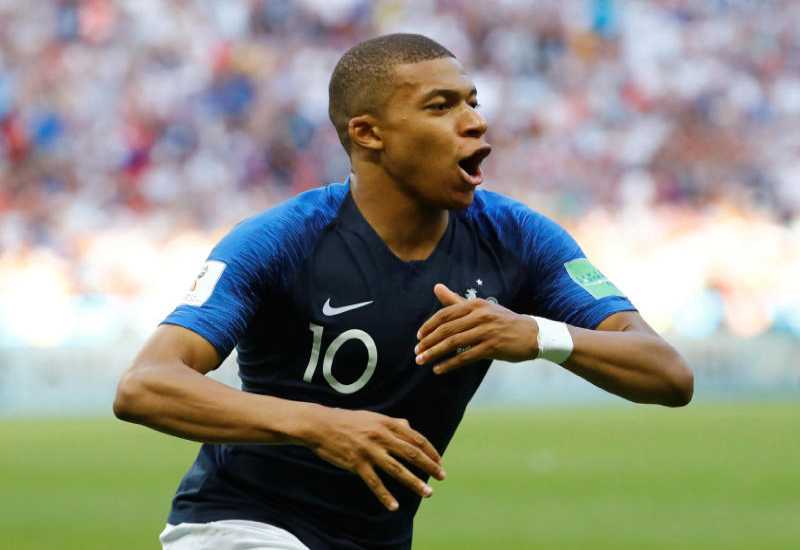×
The Standard e-Paper
Smart Minds Choose Us

In a housing estate in the gritty northern Paris suburb of Bondy, Adama Wagui showed off the stack of trophies he has accumulated during his budding football career.
“Best goalkeeper AS Bondy 2016, best goalkeeper Vichy U17 tournament,” the tall 16-year-old with the shaved zig-zag footballer haircut said, reading aloud out the inscriptions on the cups that his parents keep on their bedside table.